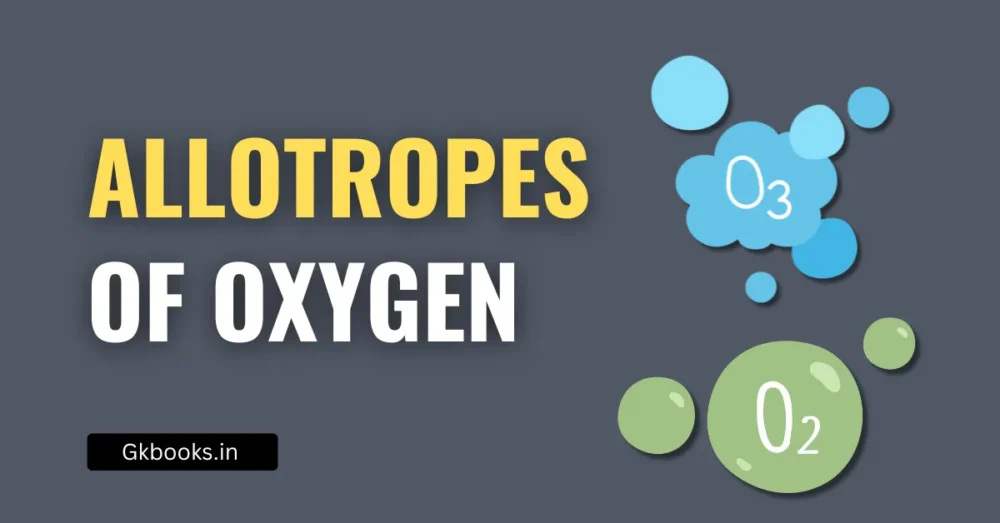Antacids are a crucial topic under “Chemistry in Everyday Life” and “Acids, Bases, and Salts”, often asked in UPSC, SSC, RRB NTPC, and State PSCs. Beyond their use in daily life, understanding how antacids work, and what led to better alternatives, helps answer MCQs, match-the-following, and conceptual questions in exams.
Let’s understand everything about antacids — from the basic definition to the latest treatments using antihistamines, as explained in NCERT Class 12 Chemistry.
What Are Antacids?
✅ Definition:
Antacids are mild basic substances used to neutralize excess hydrochloric acid (HCl) in the stomach and relieve acidity, indigestion, and heartburn.
Common Antacids and Their Chemistry
| Antacid Name | Chemical Formula | Nature | Action |
|---|---|---|---|
| Sodium bicarbonate | NaHCO₃ | Weak base | Quick relief, but may over-alkalize |
| Magnesium hydroxide | Mg(OH)₂ | Mild base | Slow acting, effective |
| Aluminum hydroxide | Al(OH)₃ | Mild base | Reduces acid slowly |
Limitations of Traditional Antacids (Based on NCERT)
✅ Until 1970, the only treatment was antacids like:
- Sodium bicarbonate
- Mixtures of Al(OH)₃ and Mg(OH)₂
🔴 Problems:
- NaHCO₃ can raise stomach pH too much, leading to overproduction of acid as a response.
- Metal hydroxides are better (insoluble, don’t over-alkalize), but they only treat symptoms, not the cause.
- Chronic acidity or ulcers were untreatable without surgery.
Modern Treatment: Antihistamines for Acidity
Breakthrough Discovery: Role of Histamine
Researchers found that histamine, a natural body chemical, stimulates the secretion of pepsin and HCl in the stomach.
New-Generation Antacid Drugs: Cimetidine and Ranitidine
| Drug | Brand Name | Function |
|---|---|---|
| Cimetidine | Tagamet | Blocks histamine receptors in stomach walls |
| Ranitidine | Zantac | Improved version of cimetidine, safer |
🧠 How They Work:
- These drugs are antihistamines specific to stomach receptors.
- They block the histamine-H₂ receptor interaction, thus reducing acid secretion at the source — not just neutralizing it.
Why Don’t All Antihistamines Reduce Acid?
Because histamine acts on different types of receptors:
- Anti-allergy drugs like brompheniramine (Dimetapp) and terfenadine (Seldane) work on H₁ receptors (respiratory tract).
- Antacid drugs like cimetidine act on H₂ receptors (stomach lining).
To stay updated with the latest GK and Current Affairs infographics, follow our official Instagram and Facebook page and prepare for exams easily.
Summary Notes
| Point | Details |
|---|---|
| Antacids | Mild bases that neutralize excess acid |
| Examples | NaHCO₃, Mg(OH)₂, Al(OH)₃ |
| Problem with NaHCO₃ | May cause over-alkalinity and more acid |
| Histamine | Triggers acid secretion in stomach |
| Cimetidine & Ranitidine | Block histamine receptors, reduce acid |
| Why not all antihistamines work? | They act on different receptors (H₁ ≠ H₂) |
Practice Questions
Q1. Which of the following is a common traditional antacid?
a) NaCl
b) NaHCO₃
c) CH₃COOH
d) H₂SO₄
✔️ Answer: b
Q2. What is the role of histamine in the stomach?
a) Reduces acid secretion
b) Stimulates acid and enzyme secretion
c) Neutralizes acids
d) Cures ulcers directly
✔️ Answer: b
Q3. Which drug was designed to block histamine receptors in the stomach?
a) Terfenadine
b) Brompheniramine
c) Cimetidine
d) Paracetamol
✔️ Answer: c
Q4. Which statement is incorrect regarding antacids?
a) They cure the root cause of acidity
b) They neutralize excess HCl
c) They are usually mild bases
d) NaHCO₃ is one example
✔️ Answer: a
Q5. Ranitidine and cimetidine work by:
a) Stimulating acid production
b) Blocking H₁ histamine receptors
c) Blocking H₂ histamine receptors
d) Reacting with HCl
✔️ Answer: c
Q6. Why were metal hydroxides considered better than NaHCO₃?
a) They are acidic
b) They are insoluble and don’t over-alkalize
c) They increase stomach acid
d) They react slowly with acid
✔️ Answer: b
Conclusion
Understanding antacids—from traditional bases to modern antihistamine-based treatments—is critical for exams and real-life applications. Remember:
- Traditional antacids only neutralize existing acid.
- Modern antihistamine drugs like cimetidine and ranitidine tackle the root cause of acidity by reducing acid production itself.
This topic not only connects chemistry with medicine but also helps you crack MCQs and assertion-reasoning questions in exams like UPSC, SSC, NTPC, and CBSE Boards.







